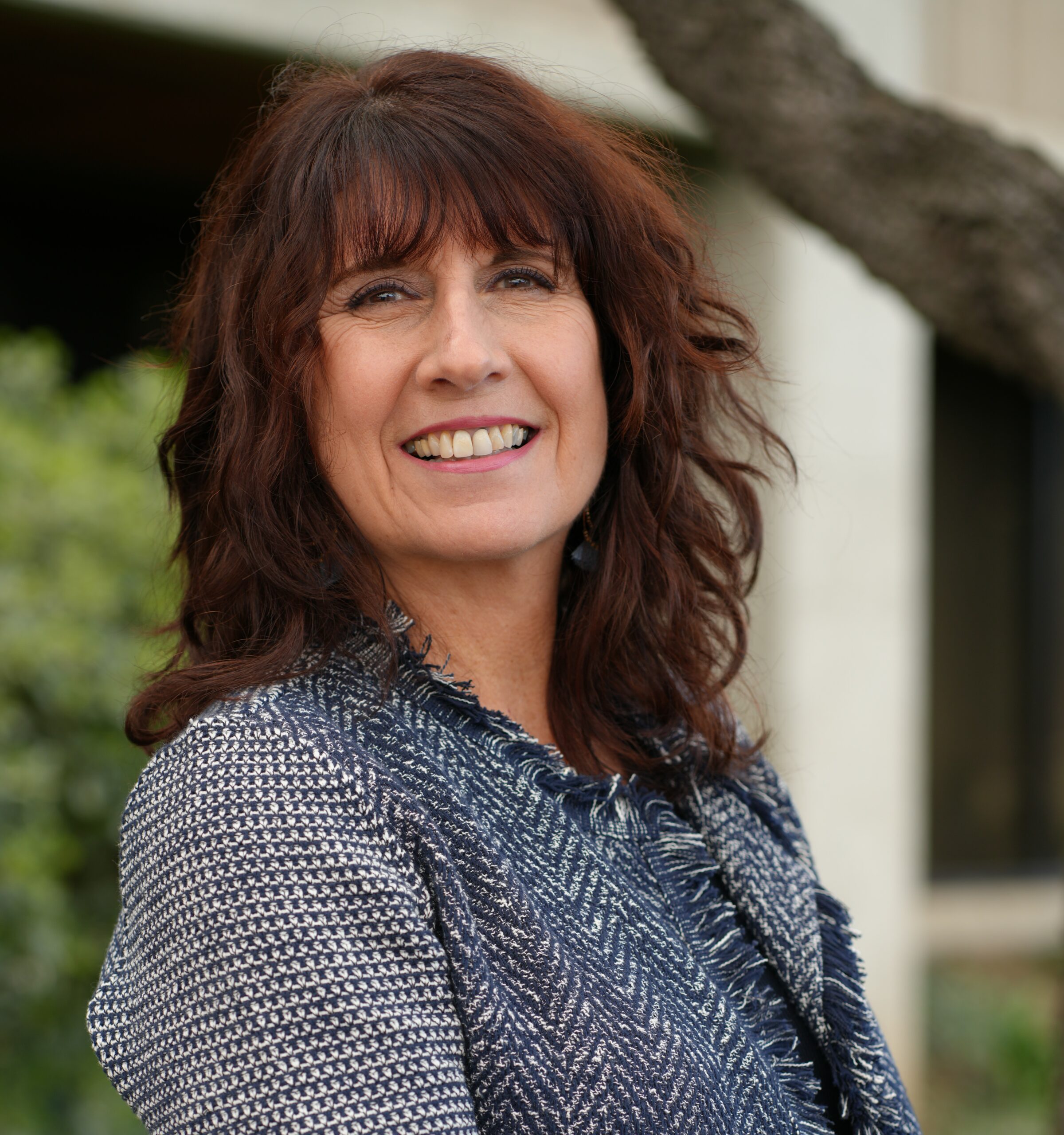They say that “looking for a job is a full-time job.” For families experiencing houselessness or joblessness, navigating the supports and challenges is a full-time job too. Yet, the need for childcare during these life transitions often goes overlooked.
Maria Romero is the Vice President of Early Learning with Peninsula Family Service (PFS). She oversees the Early Learning department, including eight childhood development sites throughout the Peninsula and San Mateo County, and she knows how imperative it is for families to have reliable childcare while they navigate some of life’s most profound challenges. Two of the PFS’s sites are in Life Moves shelters, First Step and the Haven House, where PFS serves infants, pre-schoolers, and Children 0 to 5 years old. This is where Loisi and her family first started their journey with PFS. When they moved to the United States, they lived with family until times got tough. When they came to live at the shelter, Loisi joined the PFS program at Haven.
“Our role is to ensure that the families living at these sites or shelters have childcare, while they try to find some stability in terms of housing or their finances,” said Romero. Of the families, she works with, “about 80% of our families are homeless, 100% are low income and 72 are below the poverty level.” These are folks that need supports of all kinds, and it is the PFS’s role to make sure they have the time, space, and capacity to get it. For Loisi, that meant inviting her mom to participate in parent education nights, and changing her parenting strategy, like offering her daughter positive feedback. Loisi was able to receive extra attention, get additional rest or get extra support to focus, and she started to respond in very positive ways. PFS continued to support Loisi’s mom through mental health consultations to develop a strong relationship with the family. Loisi made enormous progress in her cognitive skills.
For Romero, her work is about creating real, thought-out pathways to success, and that means being available. “We have been open throughout the entire pandemic, since July 1, 2020,” she recalls. “We are still only serving half capacity, only half the children that we could in normal times, but we wanted to help parents,” she explains. “Many of our parents are in the service sectors: hospitality, house cleaning– jobs that didn’t shut down during the pandemic, but then some people completely lost their jobs.” The paradox is that the most vulnerable people are made disproportionately more vulnerable in the face of a crisis, a weight that Romero bears stoically. Her matter-of-fact tone never wavers. “We wanted to provide an environment that was safe and caring for [the children]. We did not want them to be exposed to all of the hardships that their parents were going through, so opening up our classrooms allowed us to protect them.”
As PFS thinks about growth, space is a priority. “We have a waitlist of over 170 children. Which is really a lot,” Romero contemplates. Being able to serve the greatest number of children with the highest quality education and care is visibly important to Maria Romero as she talks about the future. By partnering with First 5 San Mateo County, “we have been able to offer the children music and occupational therapy, which is important because they have the most delays in development.” The partnership offers parenthood cafes, allows us to help fathers be engaged parents, allows us to have trauma-informed providers in our therapeutic centers, and helps the families and children who have the most challenges. Kids like Loisi are able to make enormous progress. Loisi herself is very happy and is almost ready to transition to kindergarten thanks to the support of teachers, parents, and family members. She is a happy and enthusiastic girl that enjoys learning, and the PFS was proud to be able to help get her there.


